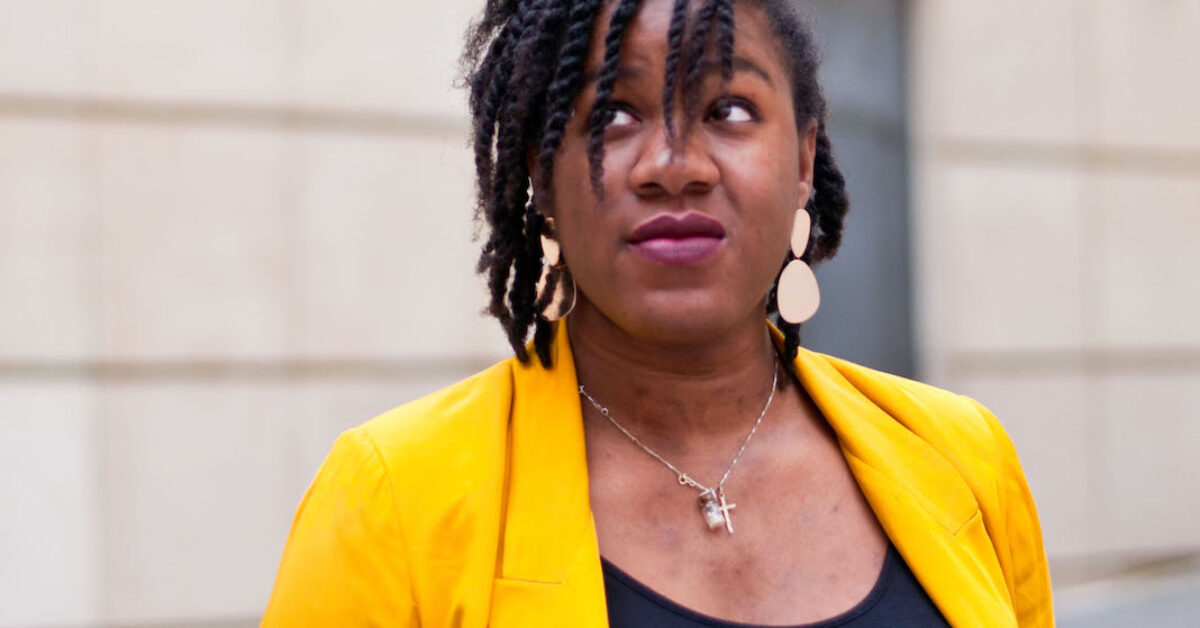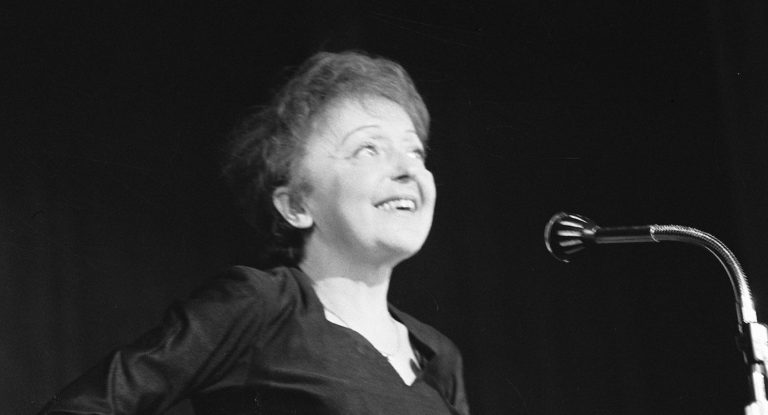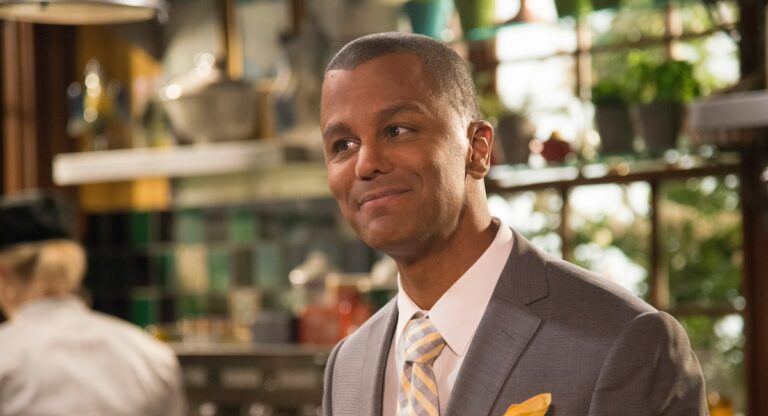Féminisme is no longer a dirty word, one that conjures up images of militant bra-burners and status quo breakers. It’s now accepted, even embraced, by a large part of the French population. But, as with everything else, French feminism has its own particular brand… several brands, some might say.
Laura Nsafou, better known as Mrs. Roots describes herself as: “Blogger. Bookworm. And dangerously Afrofeminist.” The French writer of Caribbean and African descent is most known for her children’s book, Comme un million de papillons noirs, about a young Black girl who learns to love her hair, which she decides looks like “a million black butterflies.” Nsafou has been blogging under the name Mrs. Roots for a decade, writing about literature, intersectionality, and Afropean identity.
“I think each feminist movement is specific to the country it comes from, for a very simple reason : feminism is a political answer to a political context. So to me, every feminist movement is unique, despite their obvious similarities,” she explains.
In particular, a lot of the “political context” she references involves the relationship between the French government and its colonial past and present. “Historically, the inability of France to deal with racial questions always led [France] to conceive whiteness as the referent and to control women of color’s bodies. How do you explain that Emmanuel Macron thought it was appropriate to connect the economical development of Africa, an entire continent, to African women’s fecundity?” she points out, referencing a statement Macron made at the G20 Summit in 2017 in which he said that, “One of the essential challenges of Africa… is that in some countries today seven or eight children [are] born to each woman.” Not a great look for the French president, “Especially when we know that french government sterilized and aborted women from la Réunion, in the 70’s because of this colonial misconception.”
But Nsafou is not so cynical. “Different feminist groups exist in France, definitely, but I wouldn’t say they are in opposition, because it would mean that the very existence of these groups rely on ‘being against each other.’ I’m not Afrofeminist because there are feminist movements that aren’t inclusive, I’m Afrofeminist because I believe in the political autonomy of Black women to face the specific violences they undergo, and to own their political future. This future can share common goals, such as the preservation of abortion rights, the fight against precariousness or against ableism, but they won’t necessarily meet when it comes to fighting antiblackness, misogynoir, islamophobia, and more.”
Original French feminist groups, like the Mouvement de Libération des Femmes (MLF), focused a lot of their energy on abortion rights, and were also deeply tied to the gay rights movements of the 1960s and 1970s. But contemporary French feminists have a lot more on their plate. Muslim feminists in France face particular discrimination because white western movements have led many French feminists to understand Muslim culture as opposed to feminist ideals. Feminist organizations run by Muslim women have been derided and denied funding in France, under the guise of secularism or laïcité. But feminism means having the right to express yourself whether you’re wearing a headscarf or showing off your cleavage.
https://www.instagram.com/p/CHyw80MBz4_/?utm_source=ig_embed&utm_campaign=loading
Even those who think this way might not always be coming from the best place. “I think the biggest weakness of feminist alliances is that some white bourgeois feminist groups can’t let go of a colonial posture towards women of color : for some of them, we need to be ‘saved,’ and we’re not capable of practicing critical thinking about our lives as much as they do.”
When asked to name some of her feminist heroes, Nsafou gave a chilling response. “I don’t know how to answer to that : there are probably a lot of Black women who contributed to feminism in France, that we never heard of because they’ve been erased, or didn’t have access to book publishing and academic spaces, or they were feminist just by dealing with daily challenges.”
Feminism in France isn’t a monolith: it’s a tapestry woven from different pieces, and it’s constantly being added to. It didn’t end with Simone de Beauvoir or Gisèle Halimi, and there are countless women, past and present, whose stories have not yet been told. But starting an open dialogue and opting for inclusivity over prejudice is a strong place to start.





